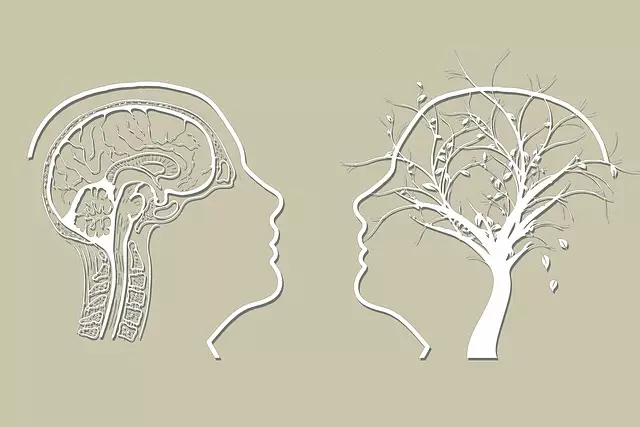Mental wellness groups at the Kaiser Permanente behavioral health center Superior offer collective support and safe spaces for individuals dealing with anxiety, depression, stress, and PTSD. Through peer insights and open communication facilitated by trained professionals, these groups promote emotional healing, improve coping strategies, and foster a sense of belonging. Based on member feedback, the programs continuously evolve to meet diverse community mental health needs.
Mental wellness groups play a pivotal role in fostering community, support, and healing. This article explores effective facilitation techniques for mental wellness groups at the Kaiser Permanente Behavioral Health Center, focusing on structured discussions, active listening, peer support, and creating safe spaces. By understanding group dynamics and implementing tailored activities, facilitators can enhance well-being outcomes, as demonstrated by Superior practices at our center.
- Understanding Mental Wellness Groups
- – Definition and benefits of group facilitation
- – Target audiences and common challenges in mental wellness groups
Understanding Mental Wellness Groups

Mental wellness groups play a pivotal role in fostering collective support and enhancing individual well-being, especially within healthcare settings like the Kaiser Permanente behavioral health center Superior. These groups offer a safe space for individuals facing similar challenges to come together, share their experiences, and gain valuable insights from one another. The design of mental health education programs within these groups is meticulously crafted to facilitate emotional healing processes, ensuring participants feel understood and empowered.
Facilitators at the Kaiser Permanente behavioral health center Superior employ various techniques to navigate the complex dynamics within these groups, fostering open communication and trust. By analyzing and incorporating feedback from group members, they continuously refine the mental health policy analysis and advocacy strategies, ensuring the programs remain relevant and effective in addressing the evolving needs of the community.
– Definition and benefits of group facilitation

Group facilitation is a powerful tool used to enhance mental wellness and support individuals within a supportive community setting. It involves guiding and encouraging participants to share their experiences, thoughts, and feelings in a safe and non-judgmental environment. This collaborative approach, often utilized by Kaiser Permanente behavioral health centers, offers numerous benefits. By fostering open communication, group facilitation promotes emotional regulation, enhances coping strategies, and provides a sense of belonging.
In the context of anxiety relief and emotional well-being, these sessions create an opportunity for individuals to connect with peers facing similar challenges. The technique encourages active participation, allowing members to learn from one another, build resilience, and develop effective problem-solving skills. Moreover, community outreach program implementation can be greatly enhanced through group facilitation, as it facilitates the sharing of resources, increases awareness, and promotes a sense of collective support within the community.
– Target audiences and common challenges in mental wellness groups

Mental wellness groups cater to a diverse range of individuals facing various challenges related to their mental health. These groups often target people struggling with anxiety, depression, stress management, or post-traumatic stress disorder (PTSD). The common thread among participants is the desire to connect with others who understand their experiences and to learn coping strategies in a supportive environment.
At a Kaiser Permanente behavioral health center, facilitators may encounter individuals from diverse backgrounds, each with unique mental health journeys. Common challenges include managing symptoms, improving self-esteem, and developing healthy coping mechanisms. Facilitators play a crucial role in creating a safe space for expression, fostering open communication, and promoting positive thinking through group discussions, activities, and education tailored to the specific needs of their Superior Mental Health Awareness initiatives.
Mental wellness group facilitation offers a powerful tool for improving community well-being, as evidenced by programs at superior Kaiser Permanente behavioral health centers. By fostering a supportive environment, these groups empower individuals facing common challenges and promote healing through shared experiences. Understanding the unique dynamics of mental wellness groups is crucial for facilitators to navigate the journey towards better mental health outcomes for all participants.






